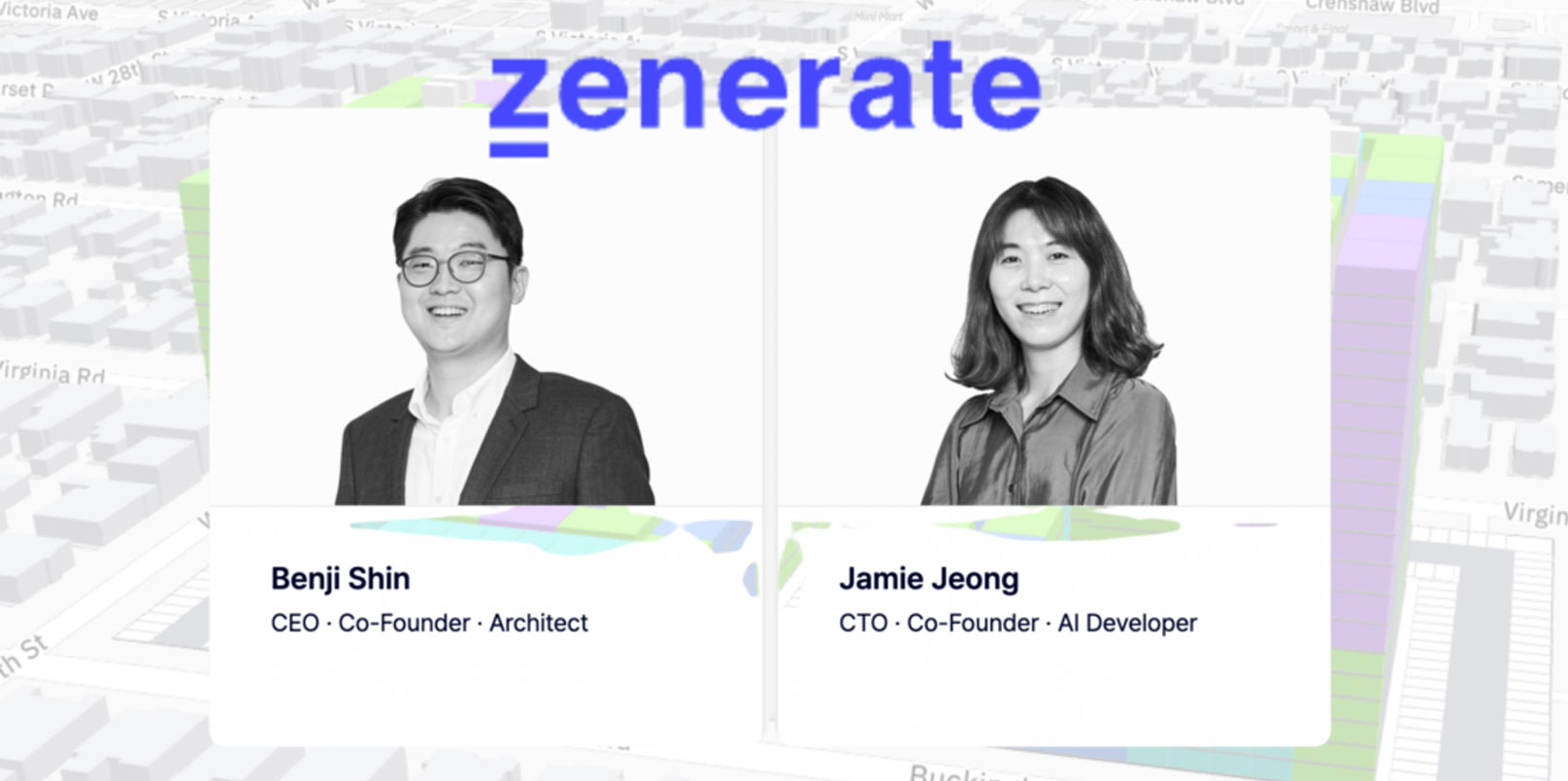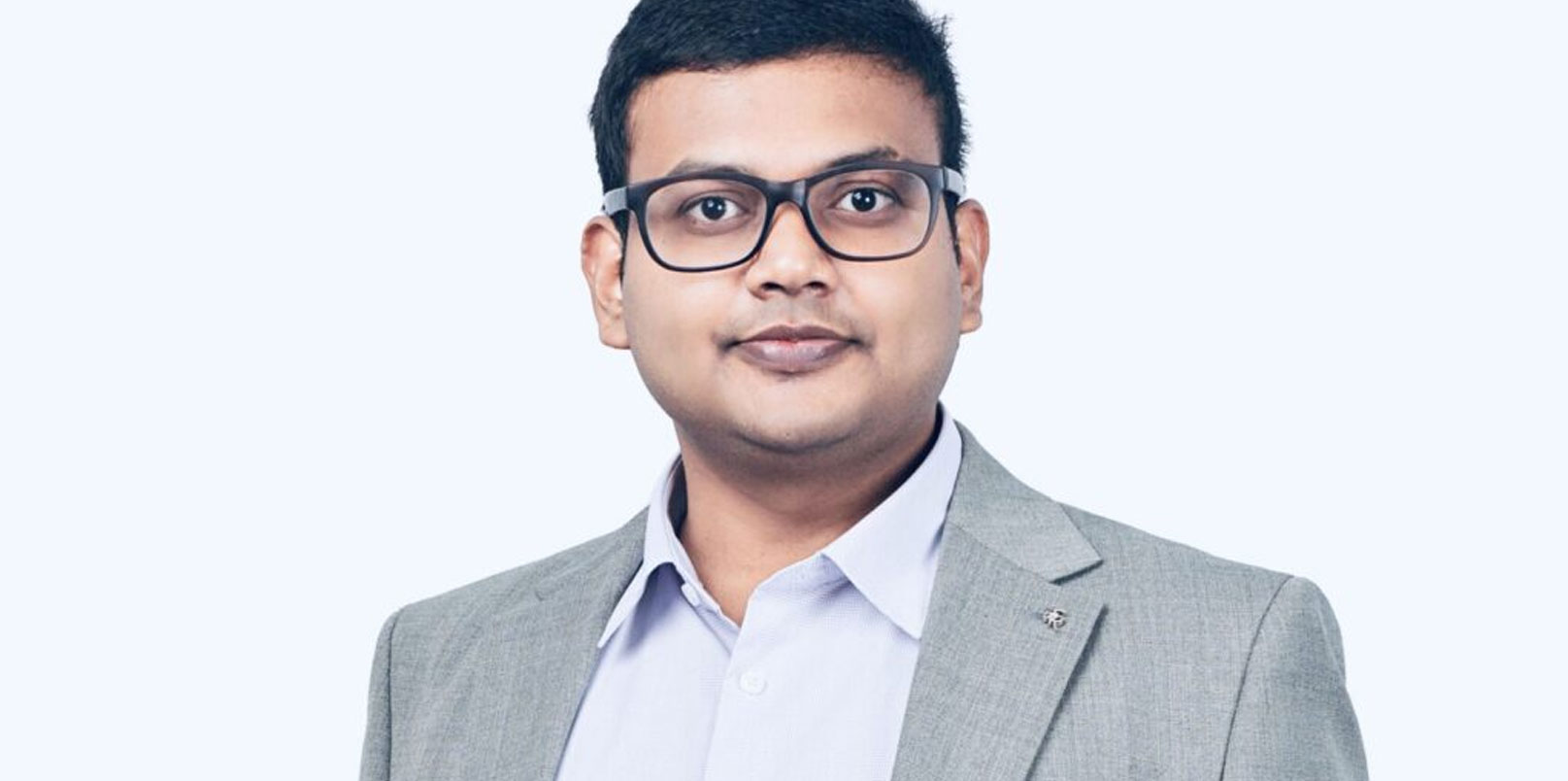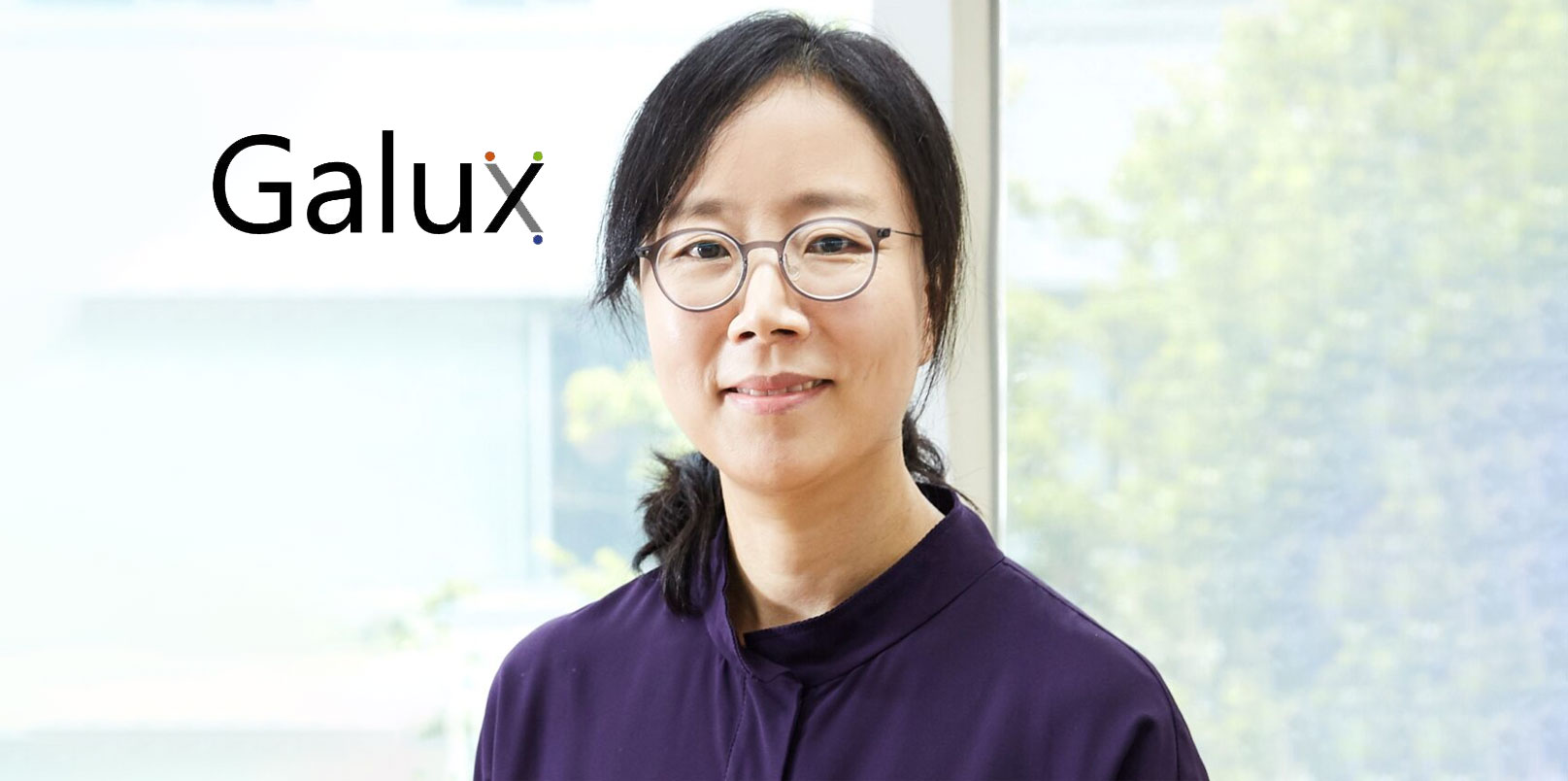Akul Penugonda began his career journey as a software engineer and product management professional before embarking on the venture capital route. He has held various positions in both fields and is now heading sourcing at Acceleprise, a pre-seed B2B accelerator. Acceleprise has backed over 100 companies and has programs in both San Francisco and New York City.
Akul is essentially the East Coast boy, who moved to the west to explore potential as an investor by joining Acceleprise. Before Acceleprise, Akul worked in Yext, a large SaaS company in New York and was part of Google Lunar Xprize team at CMU headed by Red Whittaker. Akul is a graduate with a B.S. in Computer Science from Carnegie Mellon University.
Koreatechdesk.com chatted with Akul Penugonda about his experience as an investor and his advice for startups.
1. As an investor, what kind of startups has your company invested in and how did you find those startups?
Acceleprise has invested in over 100 companies. All of them have generated revenue from businesses. For some, that’s through direct B2B sales – for others it’s through bottom-up, viral adoption. Our companies have been in almost any vertical you can think of – from insurance tech to fintech to AI and even to sports tech.
We find companies in the following ways: first, we have been lucky enough to have several people in our community who refer more founders to us. This has been extremely helpful – for both founders of the companies we have invested in and the mentors in our network. There have also been times where we have found companies we liked, either through word of mouth or the internet, and have simply reached out to have a conversation!
2. What are the core factors or reasons that your company decides to invest in those startups?
I generally focus on three things: the team, market opportunity, and progress made on closing customers so far. Many investors have comments on the first two – for the last part, it’s not the size of the deal that’s important – rather, it’s the nuances of how the conversations went, how the customers were treated, how their feedback was utilized, how long those conversations took, and more specifics – the devil is in the details.
3. What’s your basic investment philosophy for investing in startups?
I have two guiding principles when selecting companies: 1) Select teams that seem to know something special and particular that gives them an edge and 2) as a corollary, our team should be able to sharpen that edge.
4. Can you tell us as per your experience the main reasons that startups fail and how can they prevent those mistakes?
The main thing I have noticed is that founders tend to default to doing what they are already good at. Technical founders will spend too much time building software, rather than getting it launched. Founders from a sales background may spend too much time having conversations and filling their sales pipeline vs. building the features necessary to close deals.
To prevent those mistakes, the best solution is finding someone you trust as a cofounder who can balance out your bias. Trust is important, because they need to be able to push you in the right direction – and you the same to them.
5. What’s your advice for entrepreneurs who have a chance to meet or pitch to investors like you?
My advice would be to have an understanding of what story and narrative you would like to get across when pitching. Many founders simply read out disconnected facts about their business, rather than a clear cohesive whole that tells the story of the company and people involved.
6. What’s your general thought about the term “Global”?
That’s an interesting question. “Global” is a very tangible word – it brings the image of a physical object to mind, unlike similar words like “International”. My take would be that “Global” describes a phenomenon that is truly expansive, affecting all or most of humanity, as currently we all live on this particular globe.
7. What are the important factors for Korean startups to consider for a US expansion?
There are three things I would consider: 1) Will the channel you are reaching customers through work the same in the US as Korea? For example, maybe social media marketing is a great fit for your product in South Korea, but not a great fit in the US. 2) How will the expansion impact your current business and local expansion plans? It’s important to make sure the expansion does not hurt existing operations 3) Does the US team have priority? Expanding to the US is difficult – I generally think that at least one of the founders, or perhaps one of the first employees, should move out for a year or so to make sure the expansion goes well. Otherwise, it can be hard to maintain alignment in goals.
8. As you know, our media group company name is “beSUCCESS”, what’s your definition of the term “success” as an investor or as an individual human being?
I believe“success” has a different meaning for each of us. For myself, it refers more to a state of mind than to a final end goal – it’s a state of growth and embracing change. I want to be able to look back at myself a year ago and see some kind of growth.
9. What are the one or two things that you would do differently if you could go back to 10 years ago?
Great question. 10 years ago, I was in school, and I spent much of my time on building programs and projects without actually launching anything. I would tell myself to just launch and see what happens! Something I have gained an appreciation for since those days is that software is a collaborative effort between builders and users. Without input or data from users, there’s no way to understand what the “right” thing is to build.
10. When you come to Korea next time, what kind of Korean entrepreneurs and startups you want to meet?
I would love to meet B2B startup founders who are in the early stages of starting their business!
Akul Penugonda will be attending TIPS X beSUCCESS KOREAN STARTUP SHOWCASE as one of the prominent judges on March 12th, 2019 at JW Marriott San Francisco.





